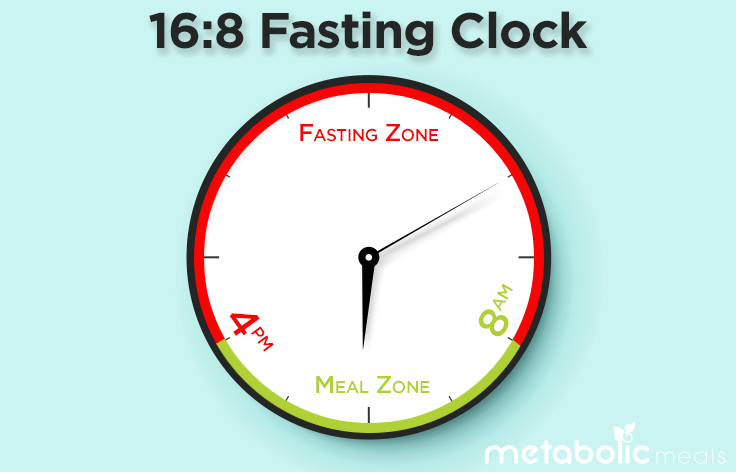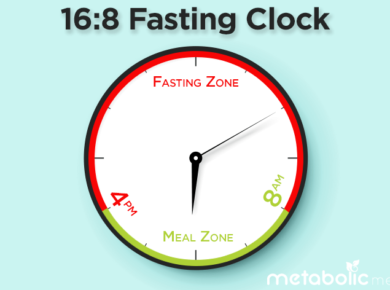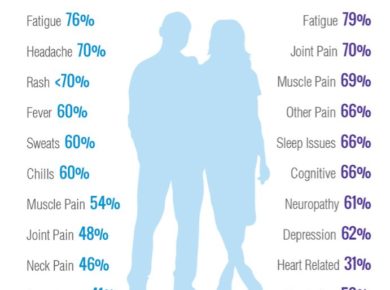The hype on intermittent fasting. Does it work? Does it live up to the benefits they claim?
Intermittent Fasting is basically just a very general term to describe an eating protocol which relies on modifying the timing of when you consume your food. What it implies is basically that instead of eating your meals spaced throughout the day as is generally recommended, you save all of your caloric intake for a specific limited period of time, and don’t consume any food at all in the meantime.
Fasting has the potential to delay aging and help prevent and treat diseases while minimizing the side effects caused by chronic dietary interventions
But how?
Fasting WORKS because it stimulates autophagy.
But what is it? The word derives from the Greek auto (self) and phagein (to eat). So, the word literally means to eat oneself. Essentially, this is the body’s mechanism of getting rid of all the broken down, old cell machinery (organelles, proteins, and cell membranes) when there’s no longer enough energy to sustain it. It is a regulated, orderly process to degrade and recycle cellular components.
Fasting is actually far more beneficial than just stimulating autophagy. It does two good things.
By stimulating autophagy, we are clearing out all our old, junky proteins, and cellular parts.
At the same time, fasting also stimulates growth hormone, which tells our body to start producing some new snazzy parts for the body. We are really giving our bodies the complete renovation.
So, here’s the deal. There is some good scientific evidence suggesting that circadian rhythm fasting when combined with a healthy diet and lifestyle, can be a particularly effective approach to weight loss. All that time spent not eating any food will stimulate your body to release fat from storage, and since you won’t have any nutrients from food in your bloodstream to use for energy, your body will use the energy from its own fat stores! The circadian rhythm fasting approach is, where meals are restricted to an 8-hour period of the daytime.
5 ways to use this information for better health:
1. Avoid sugars and refined grains. Instead, eat fruits, vegetables, beans, lentils, proteins, and healthy fats (olive oil, avocados, coconut oils, eggs, grass-fed butter, ghee, etc.).
2. Let your body burn fat between meals. Don’t snack. Be active throughout your day. Build muscle tone.
3. Consider a simple form of intermittent fasting. Limit the hours of the day when you eat, and for best effect, make it earlier in the day (between 7 am to 3 pm, or even 10 am to 6 pm). The goal is to eat over a period of 8 hours, whenever is convenient for you.
4. Avoid snacking or eating at nighttime, all the time.
5. Get a good night of sleep
Let me know your experience with intermittent fasting






